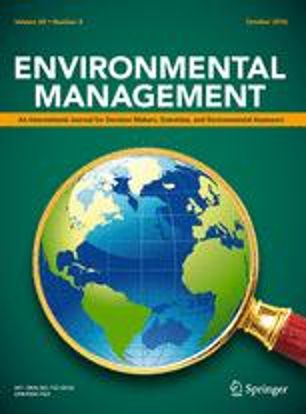Boundary work has been proven effective in bridging research communities and the gap between action and policy-making in sustainable development. Applying this boundary-work framework, the manuscript examines the process of knowledge co-production and evaluates its effectiveness in supporting the negotiation process of four cases of payment for watershed services (PWS) in Indonesia. Our case studies reveal that local communities and policy-makers have a diverse range of knowledge regarding watershed functions and services. Recognizing this knowledge diversity, and combining it with scientific information, leads to (i) enlightenment, by engaging local stakeholders in more active roles for knowledge co-production thus setting realistic targets for ecosystem services’ interventions in the design of PWS schemes; (ii) decision-making support for stakeholders, by providing opportunities for collaborative learning; and (iii) effective negotiations, by providing salient and credible information. We recognize 10 different prototypes that lead to a better understanding of how payments can be channeled to enhance, or at least maintain, underlying hydrological functions. The case studies, in different landscape configurations and associated PWS prototype settings, show that knowledge interfacing and sharing towards co-producing collaborative products helps to clarify the performance-based indicators for effective PWS negotiation between potential sellers and buyers of ecosystem services.
DOI:
https://doi.org/10.1016/j.ecoser.2015.07.002
Puntuación Altmetric:
Dimensiones Recuento de citas:


















